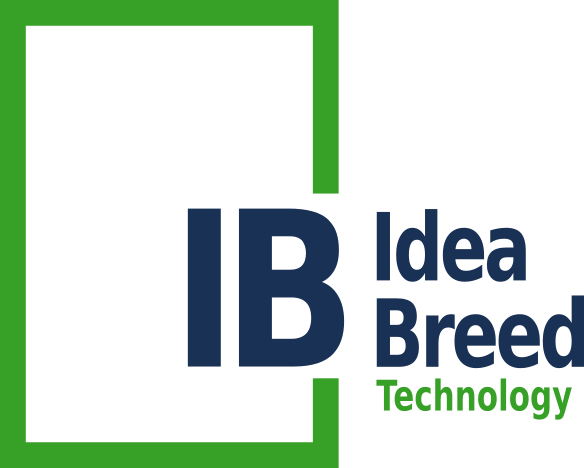Search Engine Optimization(SEO)
What is SEO?
Search Engine Optimization (SEO) is the process of making our content optimized for better ranking in search engines result. It is the idea of getting better traffic on our site for free. Popular search engines like Google, Yahoo, Bing etc are like a librarian which shows us best search results based on optimized contents in a website.
How it actually works?
Google, Yahoo, bing, etc collect information about every page on web and use algorithm to turn that information into useful search results.
The algorithm ranks website based on the keywords, titles, links, words in link, reputation, etc. For example:
‘User searches for party shoes. Then the search engine automatically selects websites which uses keyword party shoes and ranks them based
on other factors mentioned above.’
Types of SEO
1. White hat SEO
White hat SEO is the strategy of following all the best practices and guidelines provided by search engine to deliver more valuable information to the users. This practice is valid for search engines and are encouraged for better search ranking.
2. Black hat SEO
Black hat SEO is another strategy of fooling the search engine by creating false information. This practice is highly discouraged by search engines and if found the page using black hat SEO could be permanently excluded from search results.
Types of Search Engine Success Factors

1. On-page SEO
On-page seo success factors refers to the factors that entirely depend upon the owner or publisher of a webpage. It relies on:
What type of content do you have?
What kind of HTML links do you use to link to other pages?
What architecture do you use?
2. Off-page SEO
These are the success factors that do not directly depend on publisher. Search engines themselves determine these factors using their algorithms. These are equally important because there arose a trend to show more relevancy to a website than it is in reality. It depends on:
How much trustworthy is the contents?
Are the references mentioned, genuine?
What kind of reputation does the page hold?
Let’s understand Search Engine Guidelines provided by Google:
Things to follow
- Focus your page for the users not for the search engine.
- Don’t fool your users.
- Think about the ideas that makes your website unique, easy to find and engaging.
- Publish those contents that is comfortable to understand by users and use suitable keywords.
- Page speed and better user experience is very important.
Things to avoid
- Creating duplicate or copied information.
- Cloaking — the practice of showing search engine crawlers different content than visitors.
- Participating in link schemes
- Unintended text and links within your content.
- Doorway pages — pages created to rank well for specific searches to funnel traffic to your website.
What users desire?
Users desire a website to be:
Informational: User expect the contents of website to be informational and fulfill what users expect from the site. Eg: Best place to visit in 2019.
Navigational: Users search should be fulfilled based on their keyword. Eg: bag
Summary
SEO is simply a technique of making our web pages rank higher in search engine results. To implement proper SEO, developers need to follow the guidelines defined by search engines. Hence, using SEO effectively can benefit a business, website, company etc with free marketing and branding throughout the world.

